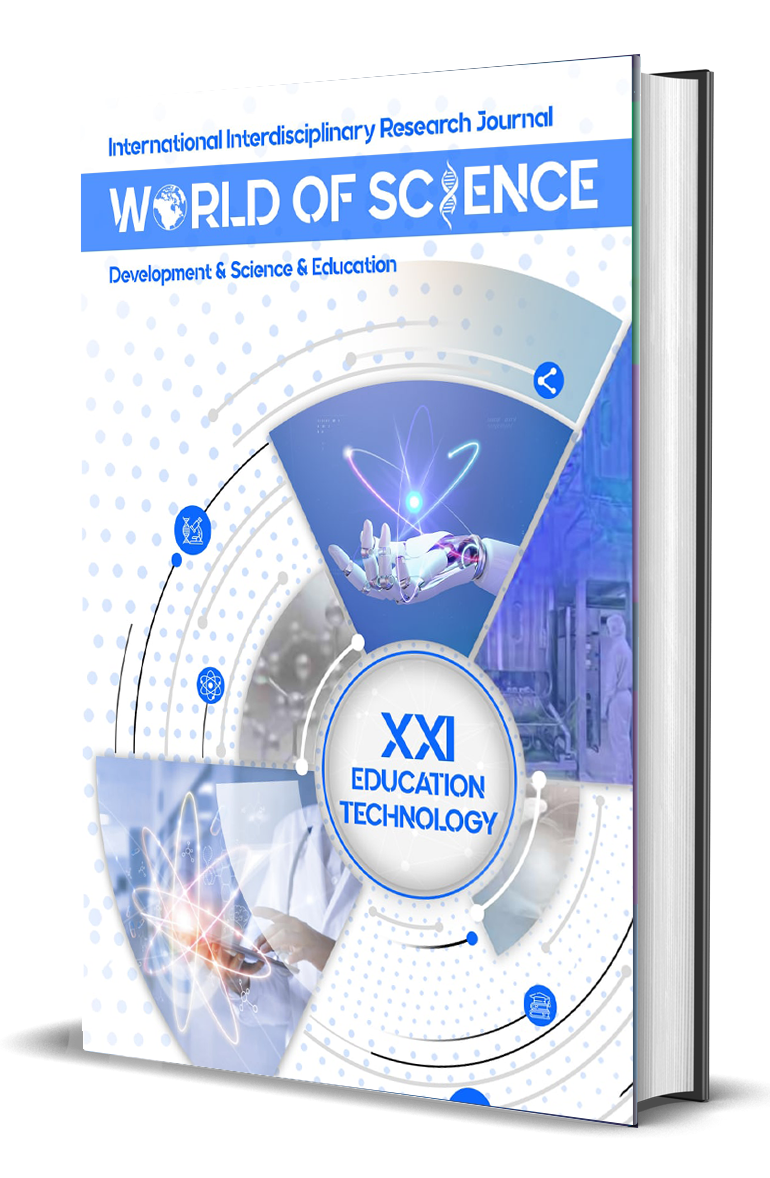THE ROLE OF ARTIFICIAL INTELLIGENCE TECHNOLOGIES IN CREATING TIMETABLES
Keywords:
Artificial Intelligence (AI), timetable creation, personalized learning experiences, students' learning speed, lesson material optimization, automated assessment systems, real-time feedback, online learning, learning process monitoring, big data analysis, students' ability analysis, students' success prediction.Abstract
This article discusses the role of artificial intelligence (AI) in the education system, particularly its application in timetable creation and teaching processes. AI technologies play a crucial role in efficiently managing timetable creation and teaching processes. These technologies enable the personalization of lessons and the delivery of materials tailored to students' learning speeds and abilities. AI systems analyze students' individual needs, allowing for the development of optimized timetables and effective resource allocation. Furthermore, AI provides opportunities for real-time feedback, automating assessment systems, monitoring learning progress, and analyzing students' mental states. These processes contribute to improving students' success, supporting their motivation, and ensuring the effective performance of educators. AI also offers opportunities for creating teaching materials, utilizing online and blended learning systems, and continuously analyzing the learning process, opening new possibilities in the field of education.
References
1. Baker, R. S., & McCalla, G. I.). Learning Analytics and Artificial Intelligence in Education: Emerging Trends and Future Directions. Educational Technology Research and Development. (2024
2. Patel, M., & Desai, P. AI-Powered Personalized Learning in Education: Methods, Models, and Applications. Journal of Educational Computing Research, 61(4), 1053-1074. (2024).
3. Chen, X., & Liu, S. Integrating Artificial Intelligence into K-12 Education: Trends, Challenges, and Opportunities. Computers & Education, 178, 104383. (2024).
4. Johnson, M., & Smith, E. Artificial Intelligence in Higher Education: Innovations and Best Practices. Springer. (2024).
5. Luckin, R., Holmes, W., Griffiths, M., & Forcier, L. B. Intelligence Unbound: The Future of Uploaded and Machine Minds. Wiley-Blackwell. (2016).
6. Siemens, G. Learning Analytics: The Emergence of a Discipline. American Behavioral Scientist, 57(10), 1380–1400. (2013).




